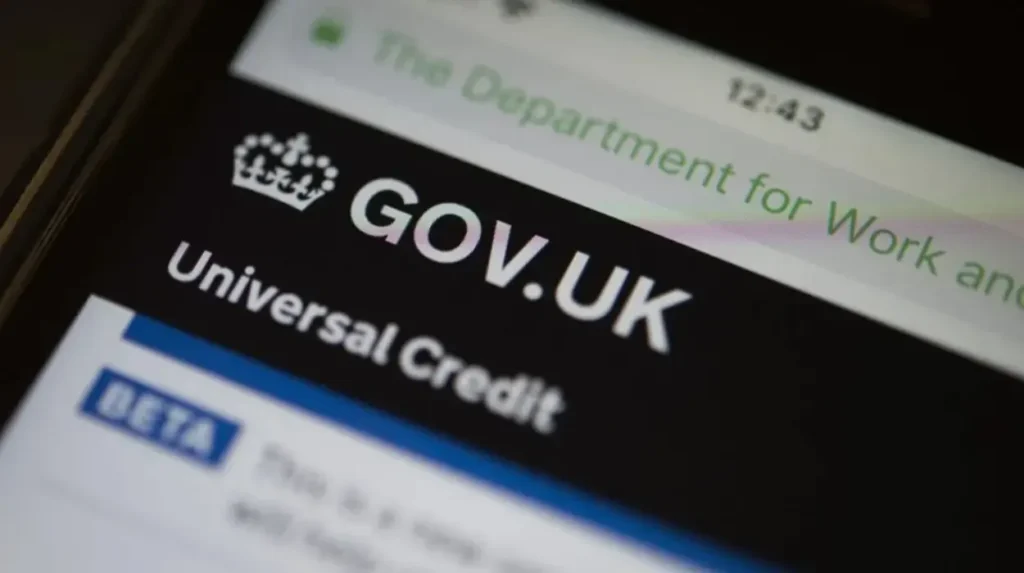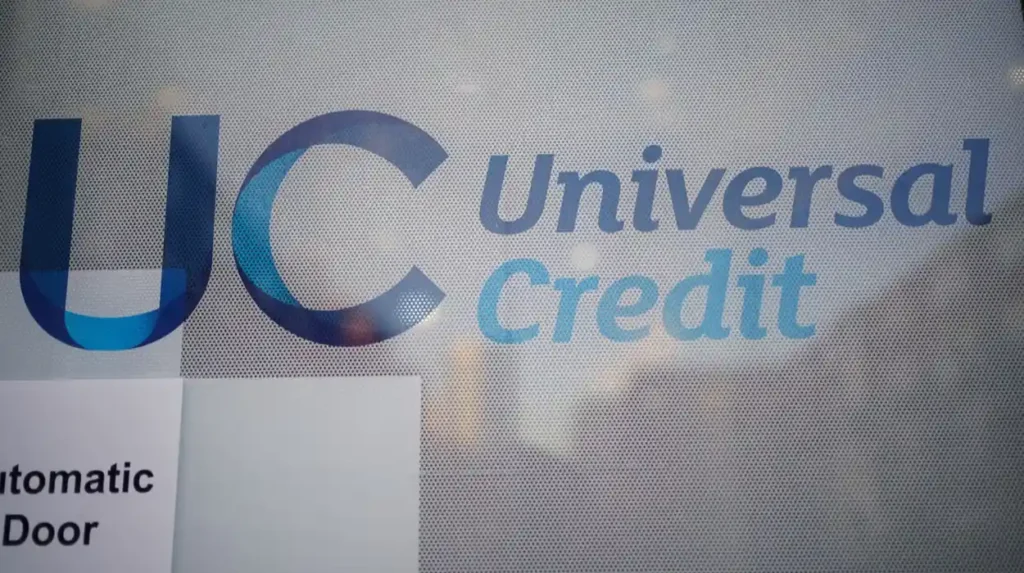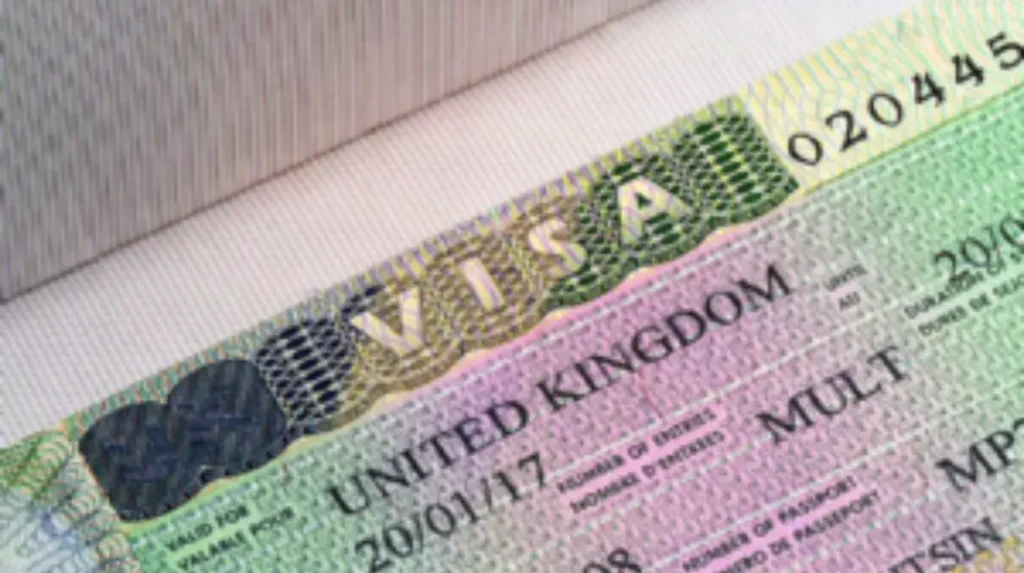Applying for a UK spouse visa comes with strong rules for immigration, and the biggest portion of concerns among applicants revolves around whether Universal Credit will have an impact on the applicant being approved. In this article, we will outline the rules, the Home Office’s guidance, and how Universal Credit fits into the spouse visa.
What is the UK Spouse Visa?
The UK spouse visa allows the foreign partner of a British citizen or settled person to come to the UK and accompany or remain with their spouse. When applying for a spouse visa, applicants must satisfy application requirements in a range of areas, including:
- The relationship must be genuine and credible
- Applicants must satisfy the English language requirement
- The minimum income requirement must be met.
- Spouse visas are commonly granted for 33 months and can lead to settlement.
- The financial requirement is one of the most significant aspects of the application.
- Any source of income, including employment, self-employment, savings, and certain benefits, is assessed.
What is Universal Credit?
Universal Credit (UC) is a welfare benefit found in the UK and is designed to increase or replace the incomes of individuals with a low income or people who are unemployed. It is a single payment scheme that replaces a number of older schemes, including; housing benefit and income support. Payment is determined by income, savings, and circumstances in the household. Eligible UK citizens/personal residents can claim it. The connection of Universal Credit to spouse visa applications is through the rules that set out financial requirements.

Rules on Universal Credit and UK Spouse Visas
Here are four rules on Universal Credit and UK Spouse Visas:
1. Rule on Public Funds Restriction
Under UK immigration rules, a person holding a spouse visa cannot access public funds, including Universal Credit. Unless stated otherwise in the spouse visa, no access to public funds, including Universal Credit, is allowed. The only eligible partner who can claim Universal Credit is the sponsor who is a British citizen on settled status in the UK. This may result in the refusal of a visa application or cancellation of the visa.
This restriction is stated by sentiments in the Immigration Rules, Appendix FM. Under UK immigration rules, public funds apply for the full duration of the spouse visa. The applicant’s BRP should confirm any restrictions apply if “No Recourse to Public Funds.
2. Rule on meeting the financial requirement
A spouse visa generally required that the sponsor have an annual income of at least £18,600.
What must be made clear is the £18,600 income threshold rule generally applies unless there are any exclusions on benefits, for example, Universal Credit. Instead of the £18,600 income threshold, the adequate maintenance test would apply.
You must show the financial requirement has been met through either income, savings, or a combination. The applicant’s income is not counted, only that of the sponsor. If you indicate you did not meet the financial requirement, then your application will be refused.
3. Rule on Adequate Maintenance Test
If the sponsor receives Universal Credit, then instead of relying on an income threshold, the Home Office applies the adequate maintenance test. This test checks if the total household income, after housing costs, is equal to or greater than the income support or the level for family size.
The Universal Credit amount is included, as well as any lawful income.
If this amount is less than the level it should be, refuse. Part of the calculation is to provide reasonable financial evidence to support this. This rule is designed to avoid the situation where families need to claim extra public funds.
4. Rule on Evidence Submission
The evidentiary documents required for the Home Office to assess the financial requirement must be in accordance with the documentary requirements of the Home Office. Your Universal Credit must be evidenced from official award letters or benefit statements. Banking documentation may show benefit payments, funding the household income, but they should also correspond with official award letters for the relevant period.
All documents need to be originals or official copies. If all documents are not supplied in the correct way, it could lead to refusal, even if the funding level is above the requirement. The rules were reinforced to be as clear, accurate, and complete as possible.

Guidance on Universal Credit and UK Spouse Visas
Guidance on Universal Credit and UK Spouse Visas is given below:
1. Guidance on Using Universal Credit for Financial Requirement
The Home Office guidance clarifies that sponsors who claim Universal Credit can use adequate maintenance to meet the financial requirement. The applicant should explicitly mention this and be clear about it in the application form. The calculation for Universal Credit should be based on the correct latest benefit amount, and rent or housing costs will be used as appropriate. Ideally, use the Home Office example calculation, and so the applicant provides both benefit statements and bank statements for proof. This process is useful for ensuring the caseworker uses the right test.
2. Guidance to calculating adequate maintenance
To calculate adequate maintenance, you should start with your monthly income (Universal Credit will be included). You will need to deduct your actual housing costs (rent or mortgage).
The remaining amount can be compared to the relevant current income support amount for your household size.
If the remaining amount is greater than or equal to the relevant current Income Support amount, your family member meets the financial requirement. The Home Office guidance advises including a written explanation of your calculation, as it may make life easier for the decision-maker. This way they may find it easier to internalize and check out your calculations.
3. Guidance on whose benefit counts
The only Universal Credit that can count towards the financial requirement is for the sponsoring partner. If the applicant and partner claimants are live-in partners and only the sponsor is eligible to claim, there is no issue; this is still a valid route to adequate maintenance. If the applicant has income, this can be counted if they are lawfully employed in the UK. Any benefits gained illegally by the applicant will impact the application. Guidance emphasizes being honest about the source of income. Any sponsor must make sure that their benefit claim is properly registered in their name.
4. Guidance on Supporting Evidence
You must provide at least the last 6 months of Universal Credit statements. Include any letters received from the Department for Work and Pensions (DWP). Provide bank statements for the same timeframe and amounts at the same payment frequencies.
If you can, include a cover letter that outlines your financial situation. The Home Office’s guidance on this matter asks to keep documents in the order that is listed in the rules. Providing clear and well-organized evidence will reduce their processing time.
5. Guidance on avoiding common mistakes
Don’t assume that Universal Credit will provide you with adequate maintenance. You also have to meet the adequate maintenance test. Do not send incomplete benefit statements or bank statements.
Be sure that the applicant has not accessed public funds illegally. Double-check all calculations to ensure you do not make a mistake on the maintenance level. Use the exact document format requested by the Home Office. The guidance recommends seeking legal advice if your financial situation is complicated.

Additional Evidence That Can Help
You may benefit from showing additional income, even if you rely on Universal Credit. Income from share dividends, part-time employment, or even savings or pension income can be included in the calculation. You can support your claim of self-employment by providing staff notes or letters from your employer, accountant, etc.
‘Support your claim of housing costs by providing housing benefit payment details and a signed rent agreement. A history of consistent income may provide your caseworker with added confidence. Presenting evidence well beyond what is requested will also minimize the chances of a refusal.


